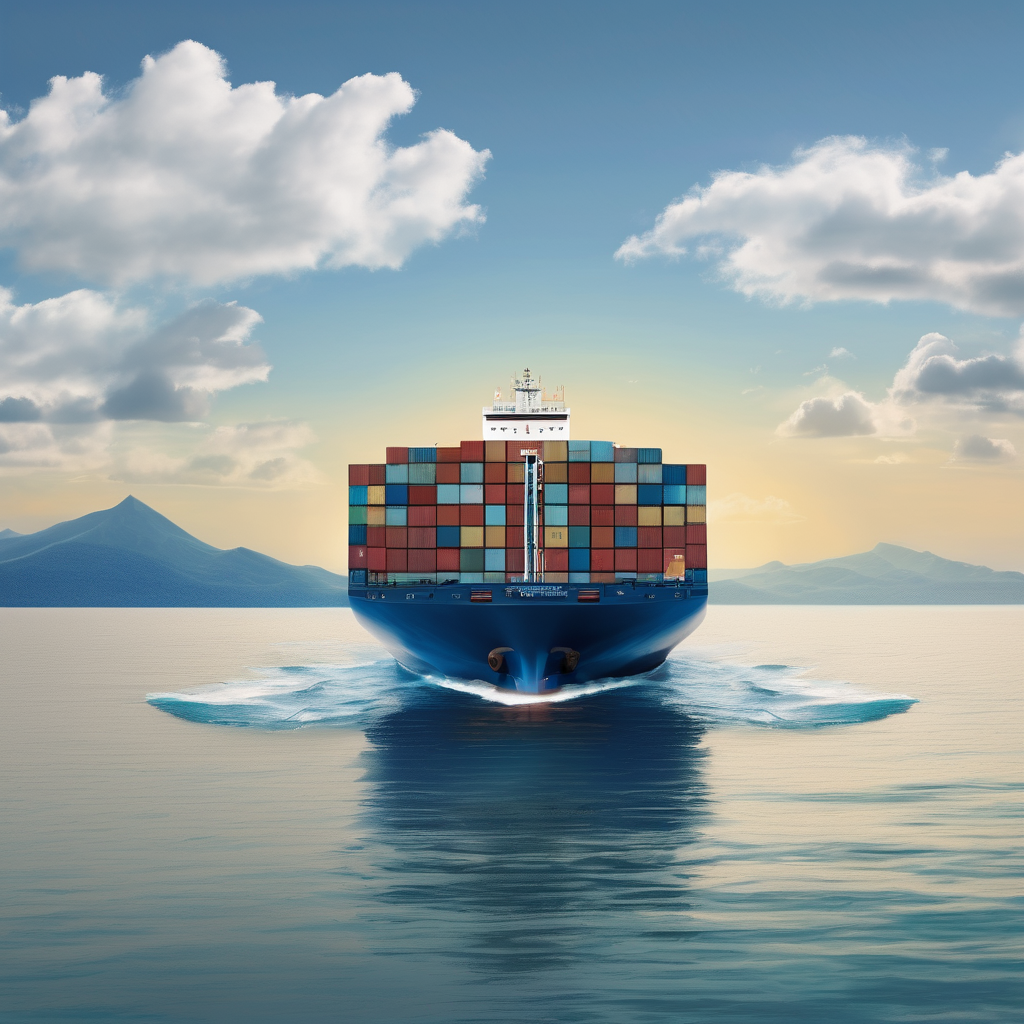The Republic of the Marshall Islands (RMI) has voiced its profound frustration and disappointment at the International Maritime Organization’s (IMO) inability to progress with a decisive vote on a global carbon tax for shipping. This delay, believed to have stemmed from pressures exerted by major powers like the United States, has intensified the outcry from Pacific Island nations advocating for stringent climate action.
Marshall Islands Ambassador Albon Ishoda took to LinkedIn in a passionate plea, expressing that marginalized Pacific nations have been “ignored, bullied, threatened, cornered, sidelined, and harassed,” whilst still remaining resolute in their fight for environmental justice. “A year delay is a year of more devastation and displacement for our communities that have nothing to do with this catastrophe,” Ishoda emphasized, calling out the IMO for its lack of accountability.
This issue stands central to the concerns of Pacific Island nations, which argue that a carbon levy on international shipping is critical to minimize global emissions and provide financial support for climate adaptation. The Marshall Islands, with allies such as the Solomon Islands and Seychelles, has been a leading voice advocating for this necessary measure, highlighting their vulnerability as communities disproportionately affected by climate change despite contributing comparatively little to the problem.
The delay is not merely a bureaucratic hurdle, Ishoda asserted, but a life-threatening setback. Amidst ongoing discussions, diplomatic sources suggest that strong lobbying from the United States and other economic powers has hindered progress, as these nations prioritize economic considerations over environmental imperatives. However, small island states argue that their survival should not be sacrificed for global trade costs or inflation concerns.
The implications are alarming; without urgent measures, entire communities risk displacement as rising sea levels and increasingly severe storms threaten their existence. The Marshall Islands, averaging just two meters above sea level, epitomizes this existential crisis.
In light of the impending IMO meetings and with the stakes higher than ever, observers warn that the credibility of the organization regarding climate action hangs in the balance. The Marshall Islands and its allies are expected to continue rallying for international support, with a palpable sense of outrage and disillusionment emanating from climate-vulnerable states feeling neglected by wealthier nations who have promised support but are seen as failing to deliver.
Despite the challenges faced, the relentless advocacy from the Marshall Islands and its partners underscores a collective determination to find equitable solutions to combat climate change, which not only signals urgency but also highlights the resilience of small island nations in the face of adversity. The efforts made reflect a unifying call for immediate action and sustainable global policies as discussions on achieving vital financial mechanisms for climate adaptation continue.
As these nations stand firm and demand accountability, there is a sense of hope that these discussions could ultimately spur the necessary actions toward safeguarding their futures and addressing the broader climate crisis.
